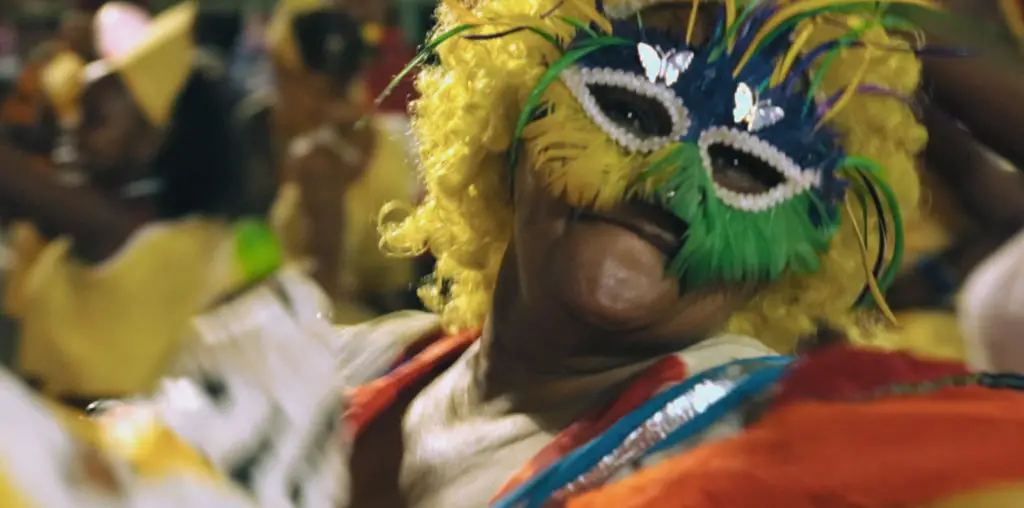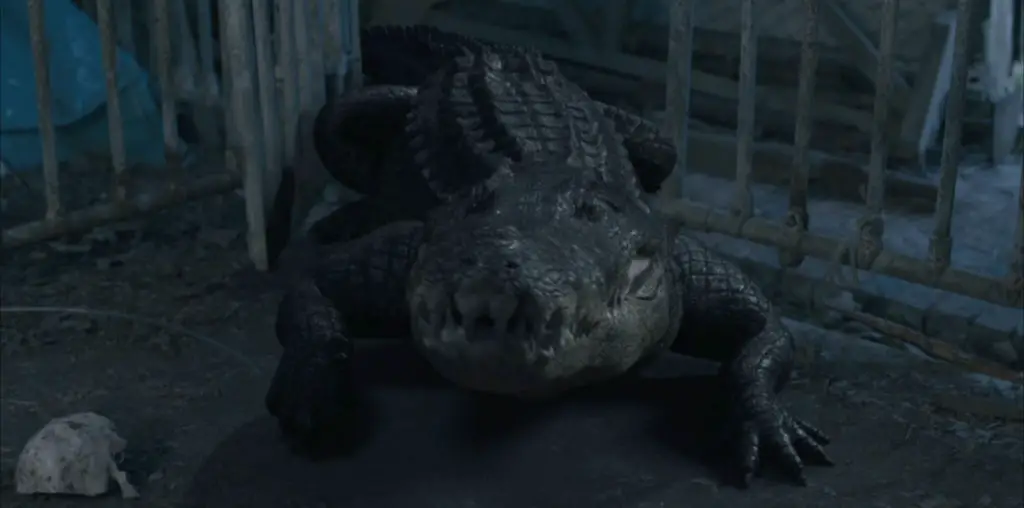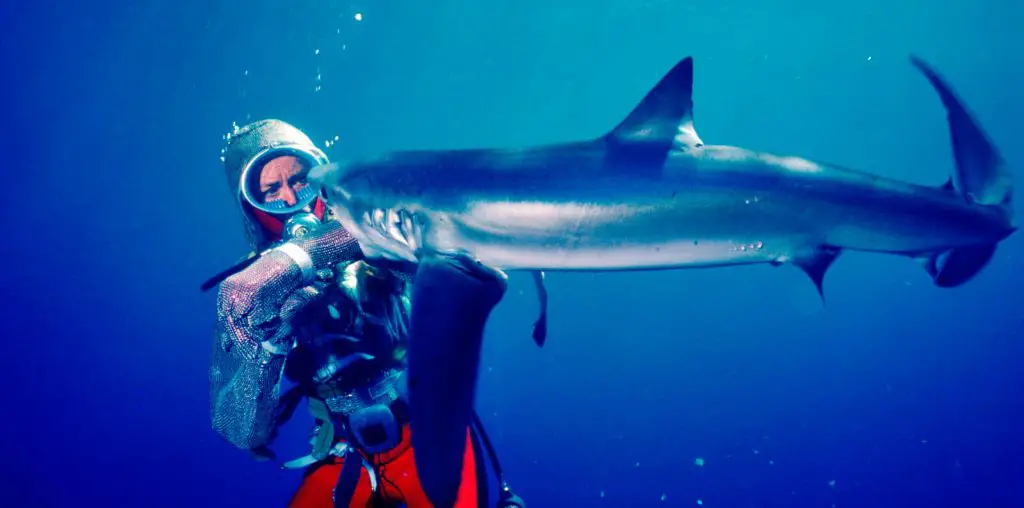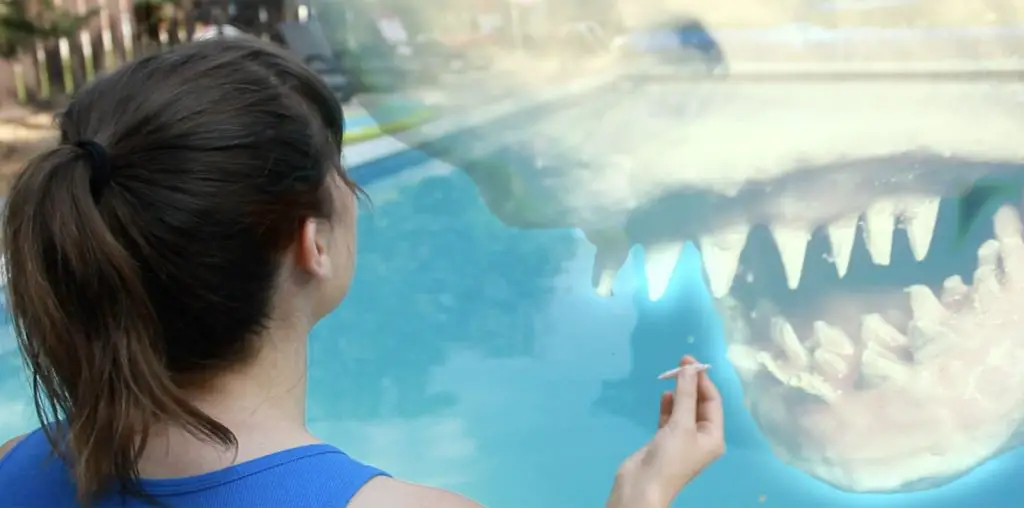
Since 1975, movie fanatics everywhere learned what it was like to be paralyzed with fear. ‘Jaws’, a Steven Spielberg classic graced the big screen with its triumphant film score and infamous one-liners – instilling a new type of horror in all movie-goers: sharks. What many may not know is that ‘Jaws’ was actually a book first, written by the great Peter Benchley. It is said that the author had always been quite fascinated with sharks and the idea sparked when he read about a Great White Shark that was caught by a fisherman, Frank Mundus. There is also talk of some inspiration drawn from the 1916 attacks in New Jersey, when there was a series of shark attacks along the coast with 4 fatalities and 1 injury.
Since ‘Jaws’ rose to the big screen, it has ultimately become the beginning of a new subgenre in the horror and film community called Sharksploitation. Soon after, we saw other films like ‘Deep Blue Sea’ and ‘Open Water’. However, although ‘Jaws’ set the stage for shark-based films, this fan-favorite classic didn’t quite get one element of the film right… the reality of sharks!
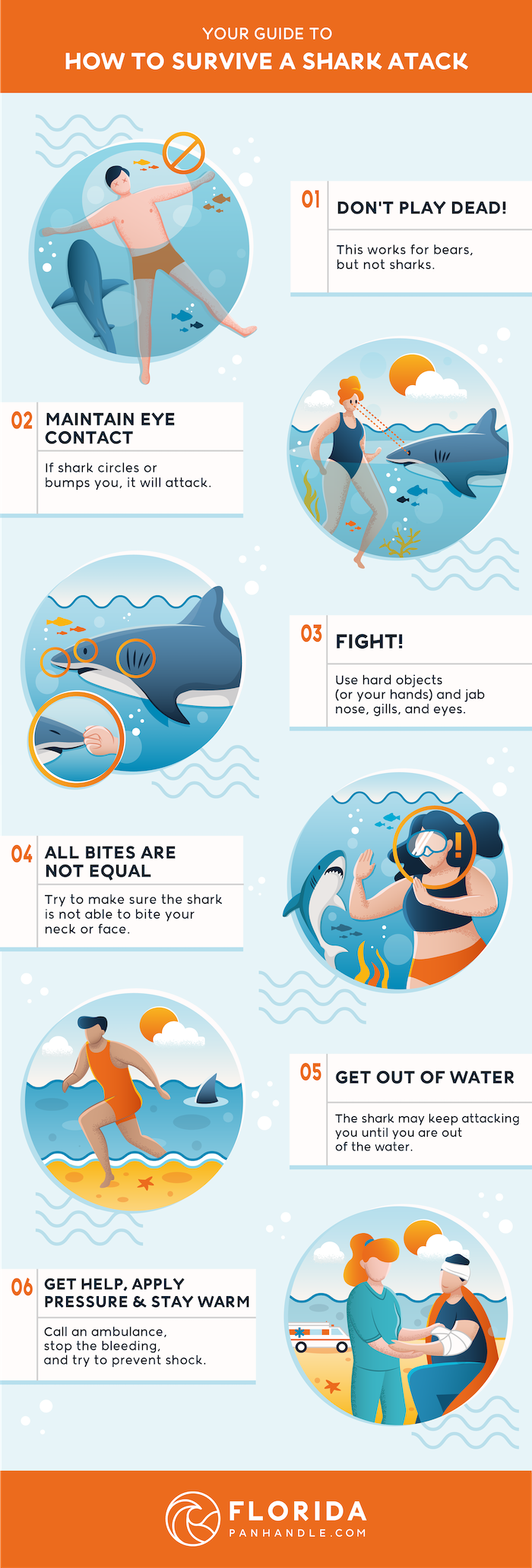
Here’s Everything that Jaws Got Wrong About Sharks
1. Sharks Aren’t Out to Get Us
Let’s get one thing straight: “Rogue Sharks” aren’t real. The idea that a shark could acquire a taste for human blood and flesh after an attack is not at all true. Truth be told, sharks don’t want to attack humans and there has never been any evidence that they are intentionally out to harm us. Shark attacks are extremely rare, with an average of 5 people killed from shark attacks per year. On the other hand, humans kill an average of 100 million sharks per year. If anything, we’re out to get them.
